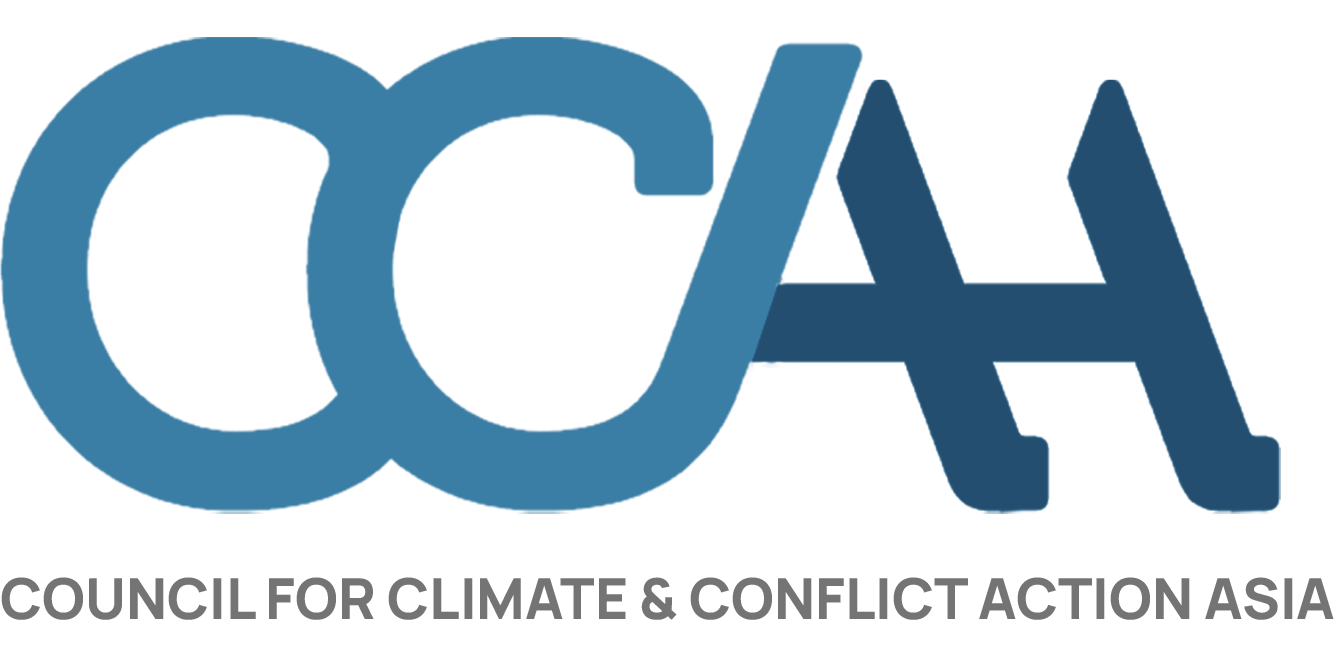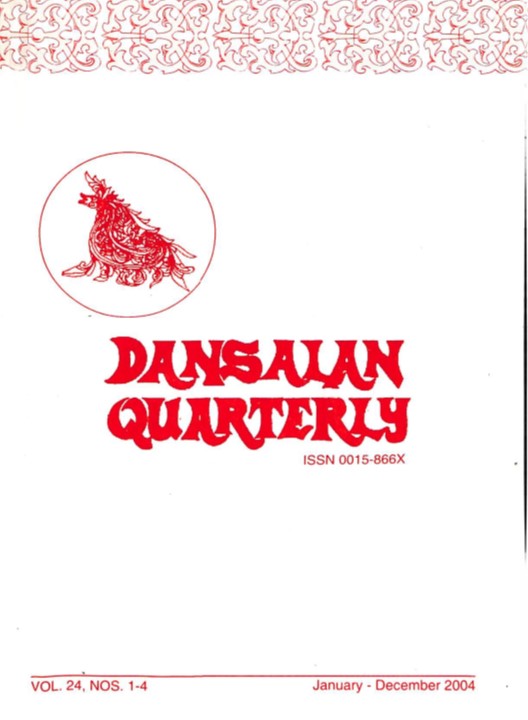January-December 2004 Vol. 24, Nos. 1-4
10 July 2022 Dansalan Quarterly
This issue features five studies exploring the themes of terrorism, conflict, history, and cultures. The first paper attempts to identify the different effects of terrorism on the socio-economic and political lives of Filipino people, gathering data from select college students. In particular, it seeks to probe into the prevailing forms of terrorism in the Philippines, the perceived perpetrators of such terrorist attacks, and the effective measures to fight terrorism. The results show the severity of the effects brought by the prevailing forms of terrorism. The second paper sheds light on the Teduray Adat, one of the major indigenous peoples of the southern Philippines who launched their own struggle for self-determination and assertion of their right to rule their lives according to their customary laws in their respective areas of ancestral domains. The third paper inquires about the original/native settlers of Lintugop, the counterpart of the present municipality of Aurora, Zamboanga del Norte, who developed and sustained a Sultanate, the developments and changes that took place surrounding this Sultanate, and the lives and survival of the Muslims in a community where non-Muslims are considered the majority. It reveals how the Sultanate remains strong and influential despite all the pressures and challenges through the years. The fourth paper discusses the origins and history of taritib and pengampong, both of which are valued traditions in the Lake Lanao region. Taritib refers to the order of praying from ablution to the last stage of prayer which generally means the order of things, while pengampong which refers to the indigenous socio-political and territorial organization of Lanao, regulating their relationships and interactions bounded by the social order taritib. The fifth paper investigates the intricacies surrounding jihad al akbar, or the greater jihad. This term refers to the holy war against oneself. In layman’s language, jihad al akbar means self-control or self-discipline.
Please email dansalan.quarterly@dcfi.edu.ph to request a copy of the issue.

